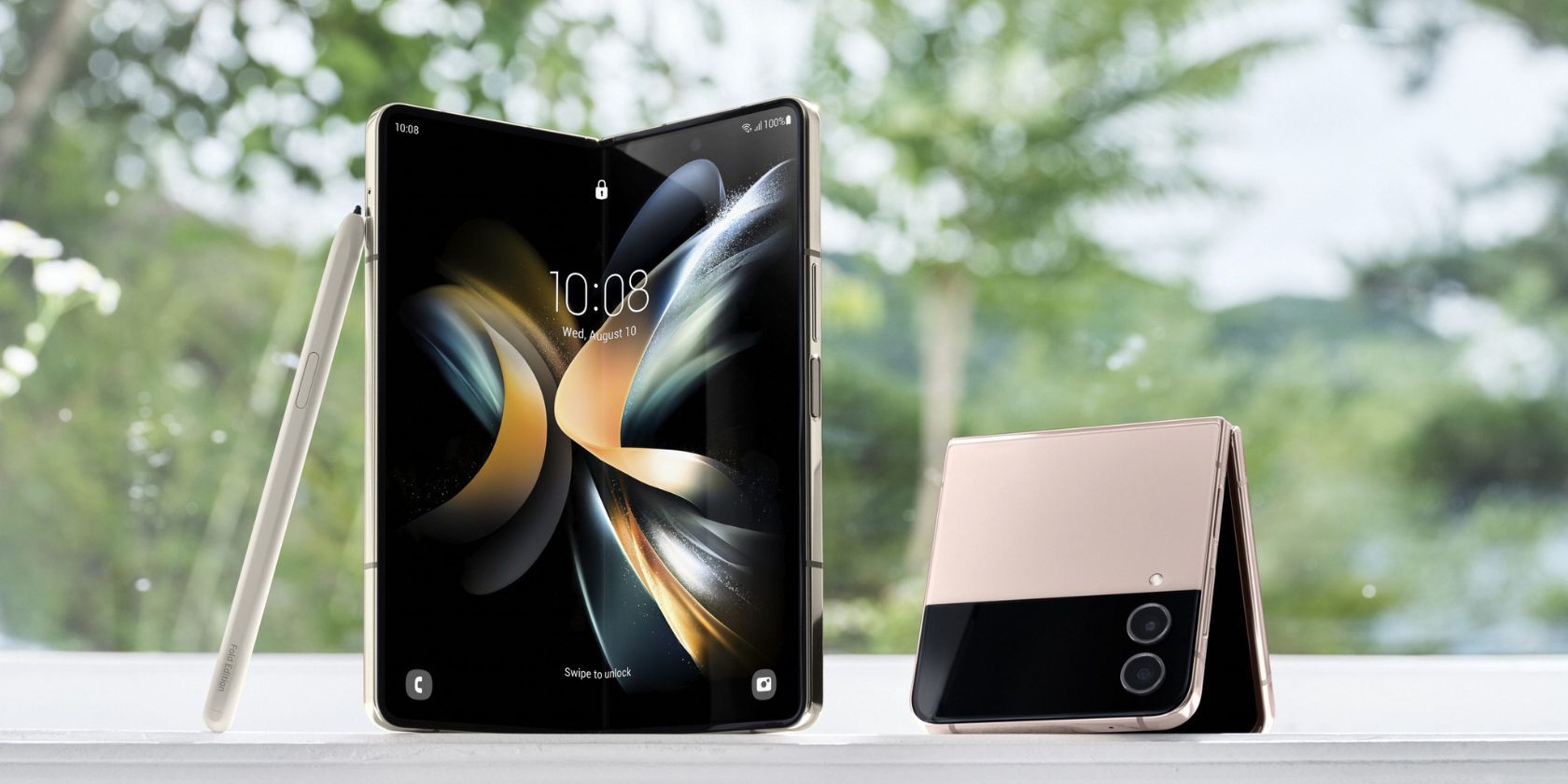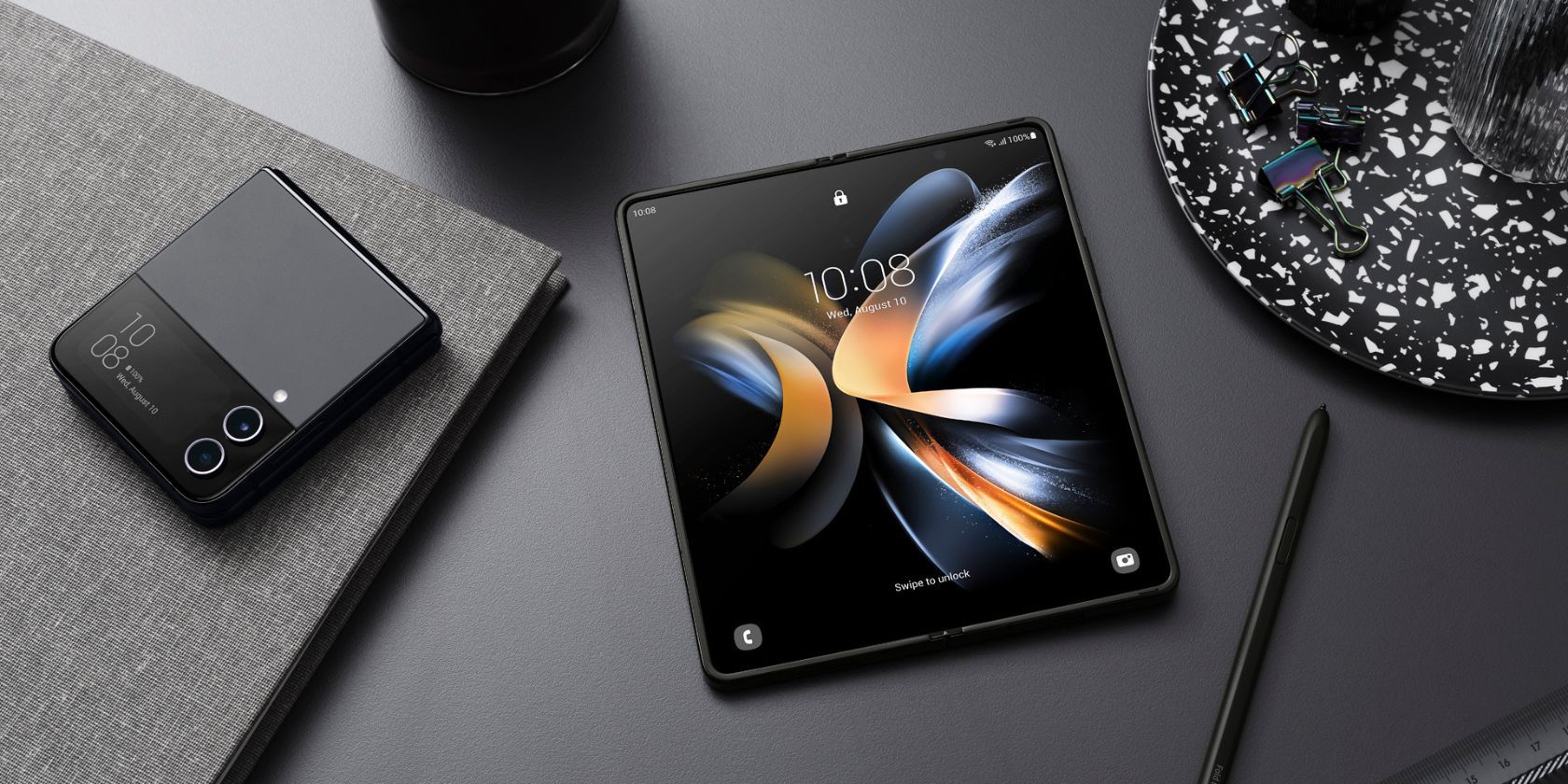While global smartphone sales are falling, one category that is expected to do surprisingly well is foldable phones. Samsung is the biggest supplier of foldable phones right now, but it seems other Android manufacturers are starting to catch up—heating up the tech arena.
But despite all this innovation and the obvious benefits of using foldable phones, we don't think they are recommendable enough for the average user. Not yet, at least. Let's discuss why you probably shouldn't buy a foldable phone in 2023.
Foldable Phones Are Expensive and Lose Value Quickly
First, let's address the obvious: foldable phones are still very expensive. The Galaxy Fold 4, for example, launched at $1799 and the Flip 4 at $999. The latter might sound reasonable since it matches the price of a modern flagship, but the Flip is full of compromises like poor battery life, fragile display, high repair costs, and more.
The point is that foldable tech is still in its infancy and doesn't make sense for most people. That's why Apple hasn't launched a foldable iPhone yet. But as with any piece of technology, it will become better and cheaper over time as investment pours in and the cost of production falls.
Second, foldables lose their value really fast. For context, if you go to Samsung's website and trade in your $1799 Fold 4 for a Galaxy S23, you'll only get $750 in value. The device is just six months old at the time of writing and has already lost almost 60% of its original price.
This is because, unlike regular phones that have a relatively fixed form factor, foldables are still evolving. That means the parts inside them can't be easily recycled into newer models. So, they become obsolete much quicker since the company no longer needs them.
And finally, sustainability. Because parts inside foldable phones because obsolete so quickly, they inevitably become e-waste. And since foldable phones contain moving parts, they suffer greater degrees of wear and tear too, requiring you to upgrade to a new phone faster than you otherwise would have with a normal phone.
Foldables Need More Time to Evolve
Foldable tech is making progress, and Samsung has the most to gain from it becoming mainstream. But as it stands, foldable phones are simply unnecessary for most people given their current compromises.
Granted, the ability to fit a bigger screen in a pocketable form factor is quite novel and actually useful. But a foldable phone should ideally be just like a normal phone, but one that happens to also fold in half—and we're not there yet.


